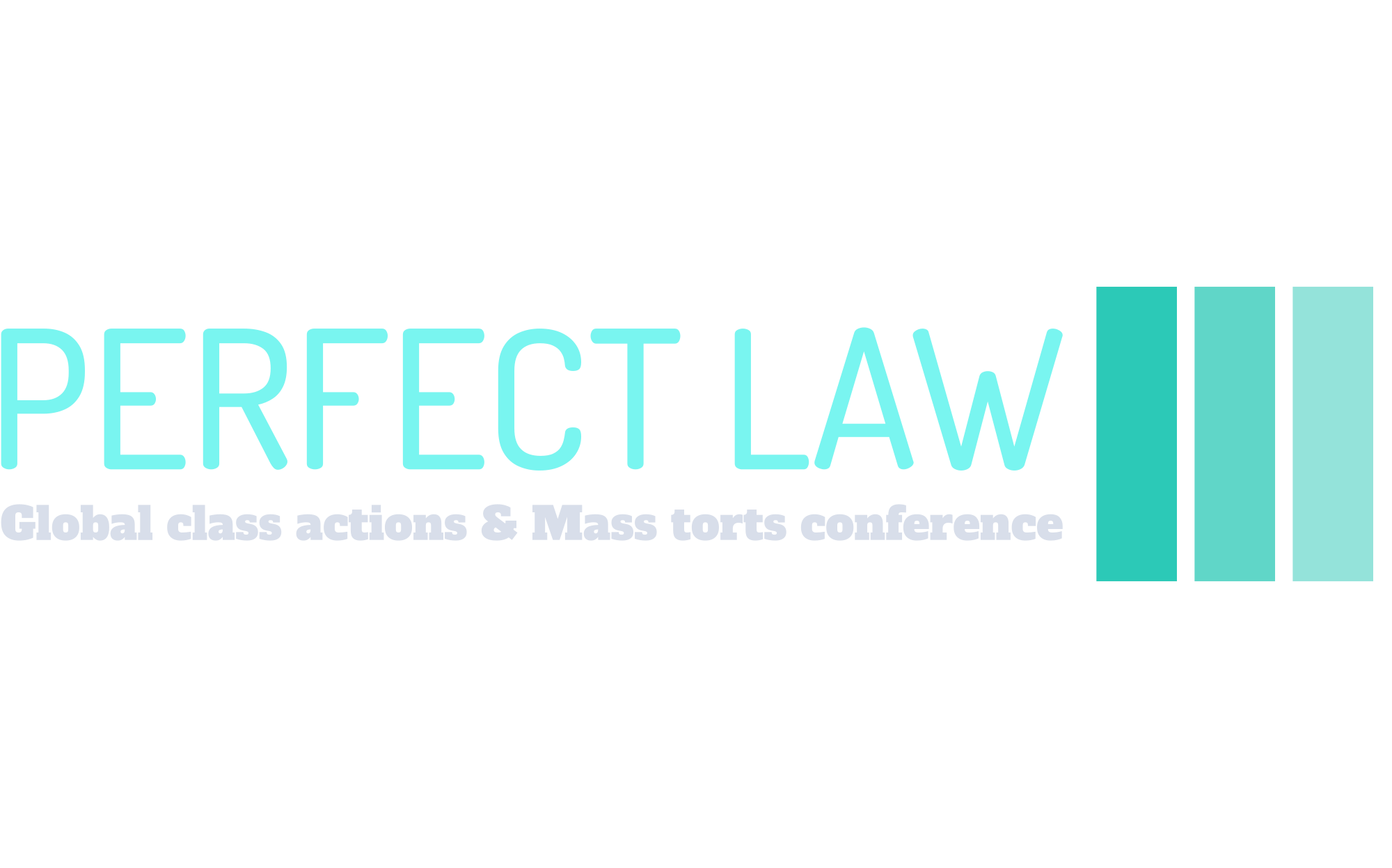On 16 February 2023, the Supreme Court of the United Kingdom (“UKSC”) heard one of the two satellite litigations in connection with the Trucks collective proceedings[1] at the Competition Appeal Tribunal (CAT).[2] The appeal of Dutch truck manufacturer DAF against a judgment of a Divisional Court of the High Court of Justice of 5 March 2021 concerns the question introduced by DAF, whether litigation funding agreements (LFAs) pursuant to which the funder is entitled to a share of any damages recovered are “damages-based agreements” (DBAs) within the meaning of the relevant legislation.
Currently, LFAs in general do typically not comply with the requirements for DBAs which, in the event of the UKSC allowing the appeal, would render them unenforceable. Not only would this outcome enable DAF to question the suitability of both the Road Haulage Organisation (“RHA”) and UK Trucks Claim Limited (“UKTC”) as class representatives in the Trucks collective proceedings, as both contenders rely heavily on LAFs. It would also have severe implications for the collective proceedings regime as a whole, as literally every case brought so far is funded by a third party, and the UK’s legal finance industry.
DAF’s line of argumentation is based on a literal reading of the definition of “claims management services” in s.4(2)(b) of the Compensation Act 2006 (“CompA”) and the notion that Parliament in 2006 wanted to enable a broad regulation of the claims management sector. Hence, s.4(2)(b) CompA[3] should be given a broad interpretation. This broad interpretation would encompass litigation funding as well, as it would fall within the extended limb of the definition in s.4(3)(a)(i) of the Act[4]. S.4(2)(b) CompA in turn is cross-referenced by s.58AA of the Courts and Legal Services Act 1990 (“CLSA”),[5] which concerns DBAs and for this purpose in s.58AA(3)(a) defines a DBA as “an agreement between a person providing […] claims management services and the recipient of those services […]”, “claims management services” having the same meaning as in s.4 CompA. As a result, an agreement between a funder and its client – an LFA – would constitute a DBA and would have to comply with regulations made pursuant to s.58AA(4) CLSA.
The Divisional Court rejected this construction of s.4(2) CompA based on several reasons (in line with the earlier decision of the CAT of 28 October 2019[6]):
First, regulation of LFAs was already introduced in 1999 by s.58B CLSA. Although this section has never been brought into force, it still remains unrepealed on the statute book. The Court deemed it improbable that Parliament in 2006 would have intended “by a sidewind” to bring LFAs within the ambit of the competing regulatory regime of claims management services.
Second, the Court relied on the “potency” of the defined term “claims management services”, meaning that “the words of the definition [must be read] as both coloured and conditioned by the reference to “claims management” in the phrase which is being defined.” Therefore, each reference to “services” in s.4 CompA “must be understood as referring to advice or other services of a claims management nature, or having to do with the management of a claim”. As litigation funding indeed may qualify as a “financial service”, but is not (necessarily) “of a claims management nature”, this construction of s.4 CompA excludes litigation funding.
Lastly, the Court agreed with the CAT that the construction submitted by DAF would lead to “absurd” results, as then any financial service such as a bank lending money to a customer to fund litigation would constitute “claims management services” under the 2006 Act (“presumption against absurdity”).
In the hearing of 16 February, Mr Bankim Thanki KC for DAF again built on the plain meaning of s.4 CompA, and on Parliament’s intention to enact in 2006 a broad basis for regulation which left no loopholes. In this regard, he argued that in 2006 litigation funding as we know it today didn’t exist yet, Factortame and Arkin did not concern commercial litigation funding and s.58B CLSA related only to a specific subset of LFAs. He also took issue with the Divisional Court’s reliance on “potency”, as in his submission the term “claims management services” in 2006 wasn’t yet a concept with a clearly defined and existent meaning. Overall, he contended that the Divisional Court’s construction of s.4 CompA would render the items specified in the extended limb of the definition in s.4(3)(a) CompA meaningless.
On the other side, Mr PJ Kirby KC for the RHA and Mr Rhodri Thompson KC for UKTC defended the findings of the Divisional Court, with particular emphasis on potency and the presumption against absurdity.
A judgment can be expected in the course of the summer. Regardless the outcome, it’ll definitely be an enthralling read!
Johannes Nickl[7]
[1] UK Trucks Claim Limited v Stellantis N.V. (formerly Fiat Chrysler Automobiles N.V.) and Others and Road Haulage Association Limited v Man SE and Others [2021] EWCA Civ 299.
[2] R (on the application of PACCAR Inc and others) (Appellants) v Competition Appeal Tribunal and others (Respondents), Case ID: 2021/0078.
[3] Reading “’claims management services’ means advice or other services in relation to the making of a claim”.
[4] S.4(3)(a)(i) extends the meaning of “the provision of services” to “the provision of financial services or assistance”.
[5] Introduced by s.154 of the Coroners and Justice Act 2009.
[6] UK Trucks Claim Limited v Fiat Chrysler Automobiles N.V. and Others [2019] CAT 26.
[7] Doctoral Candidate at Heidelberg University, Germany.
Foto Credits: böhringer friedrich



